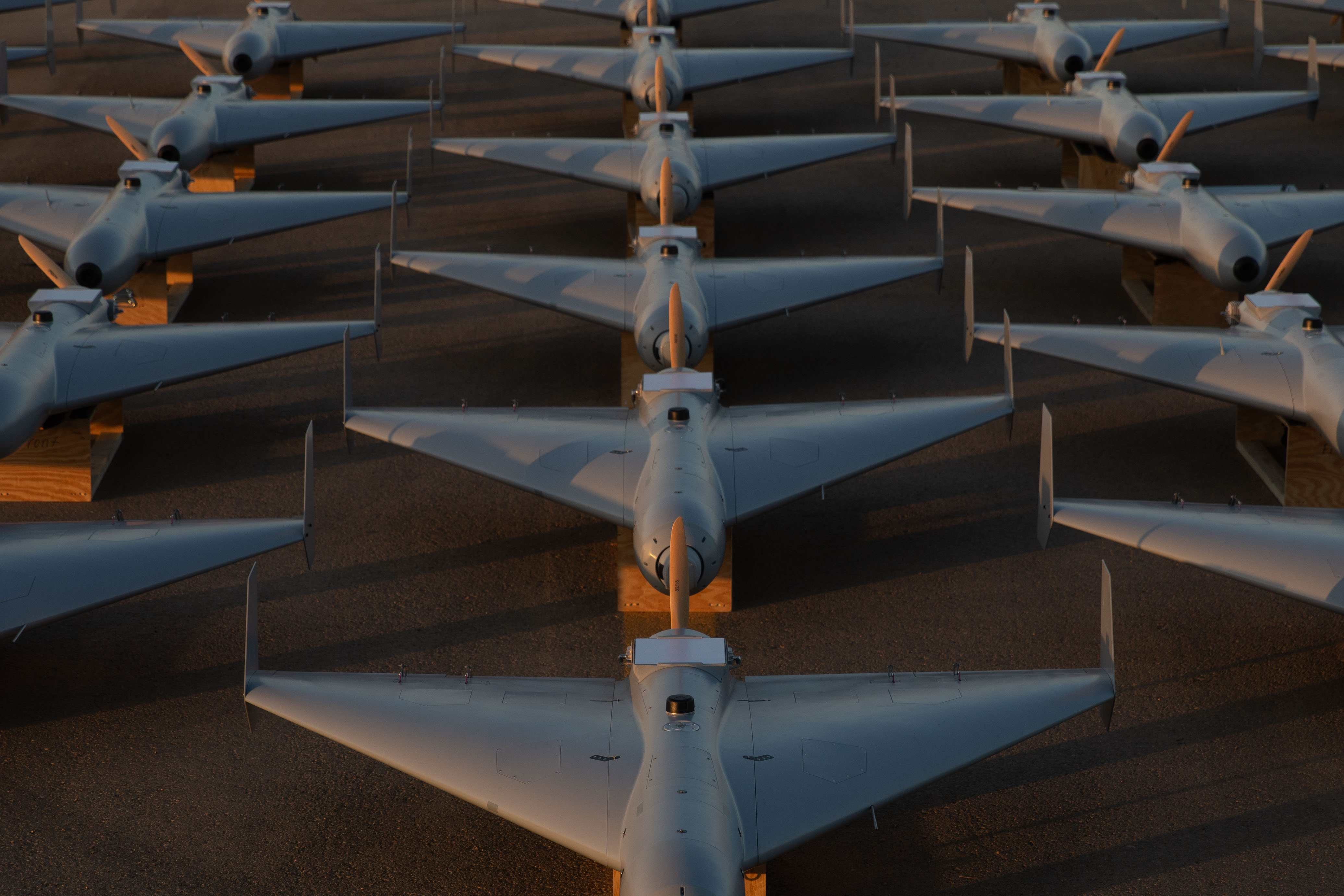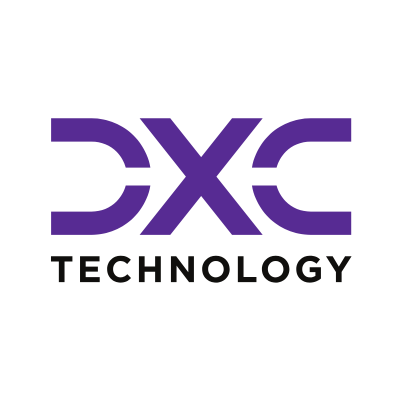AUKUS partners to launch new maritime challenge
- Asia Pacific
- Europe
- News
- Naval

Undersea communications and autonomy have emerged as the triad’s key priorities for 2025.
The AUKUS trilateral security partnership between Australia, the UK and US is launching a new maritime-focused challenge as part of its Pillar II initiative.
Known as the AUKUS Maritime Innovation Challenge, it will focus on undersea communications and autonomy.
Pillar II aims to develop technologies such as AI, autonomy, quantum, electronic warfare (EW), hypersonics and advanced communications. Pillar I involves the development of nuclear submarines for Australia’s SSN-AUKUS programme.
The maritime innovation challenge was announced in an advance notice on 17 March from Australia’s Advanced Strategic Capabilities Accelerator (ASCA), more information on the challenge will be provided on 31 March.
ASCA, the UK’s Defence and Security Accelerator and the US Defense Innovation Unit are leading the challenge.
Although little detail has been released yet, there will be multiple stages to the competition.
This latest innovation challenge is the second of its kind under Pillar II, following the EW challenge last year, which saw 173 qualified suppliers apply.
Multiple companies won contracts to produce “low cost, disposable, high volume and highly autonomous electromagnetic technology”, with four UK companies winning a share of GBP2 million.
The EW challenge was run as three distinct competitions by each nation's respective defence technology accelerator.
Tags
- 2025
- accelerator
- aukus
- autonomy
- challenge
- communications
- defence
- emerged
- ew
- ii
- innovation
- key
- launch
- maritime
- new
- partners
- pillar
- priorities
- security
- triads
- undersea
Providing impartial insights and news on defence, focusing on actionable opportunities.
-
It marks a major step-change in Canada’s approach to defence procurement.
-
It comes as the company announces its first dual-use spin-out.
-
Most of those competing are US-based small businesses.


)
)

